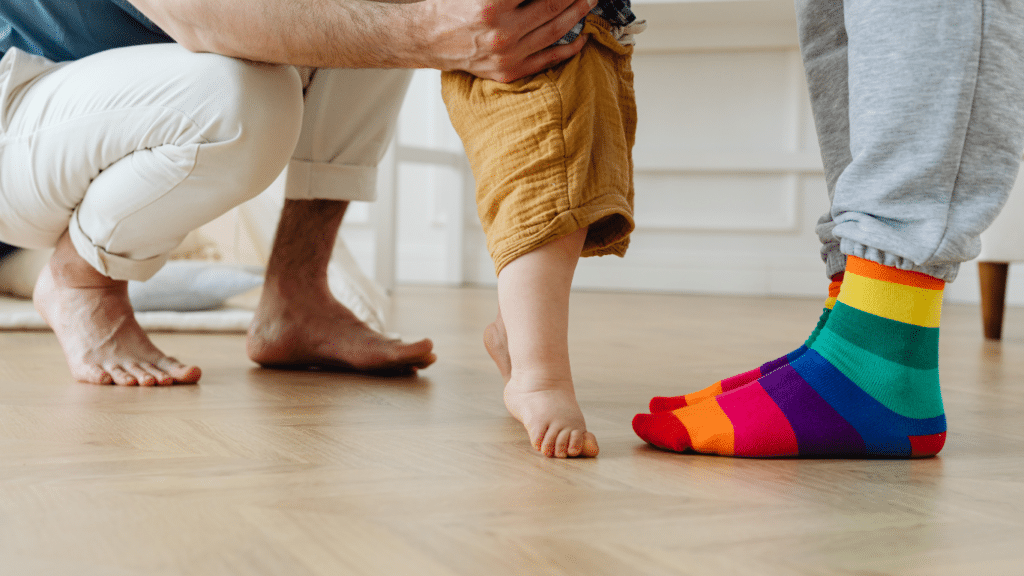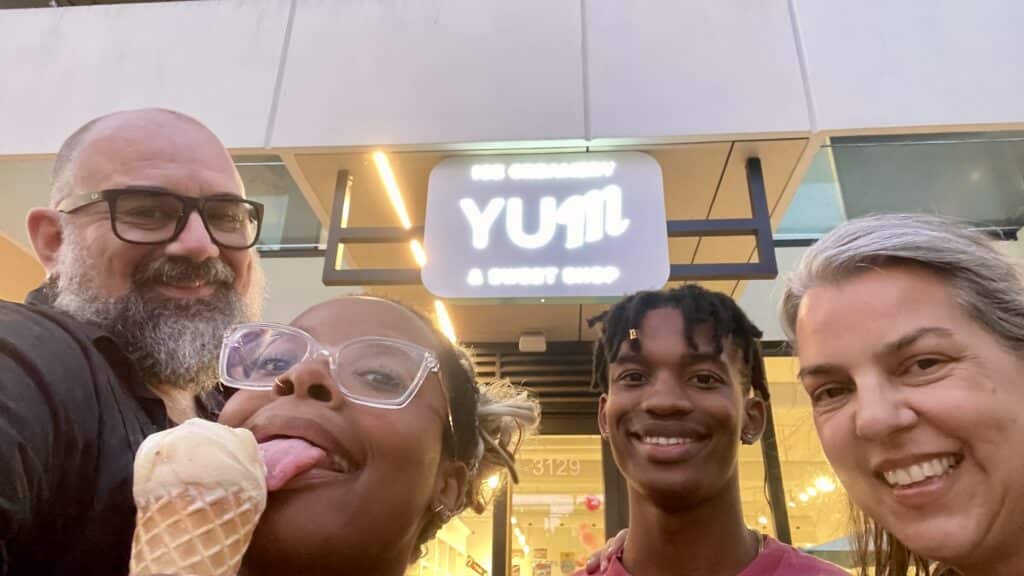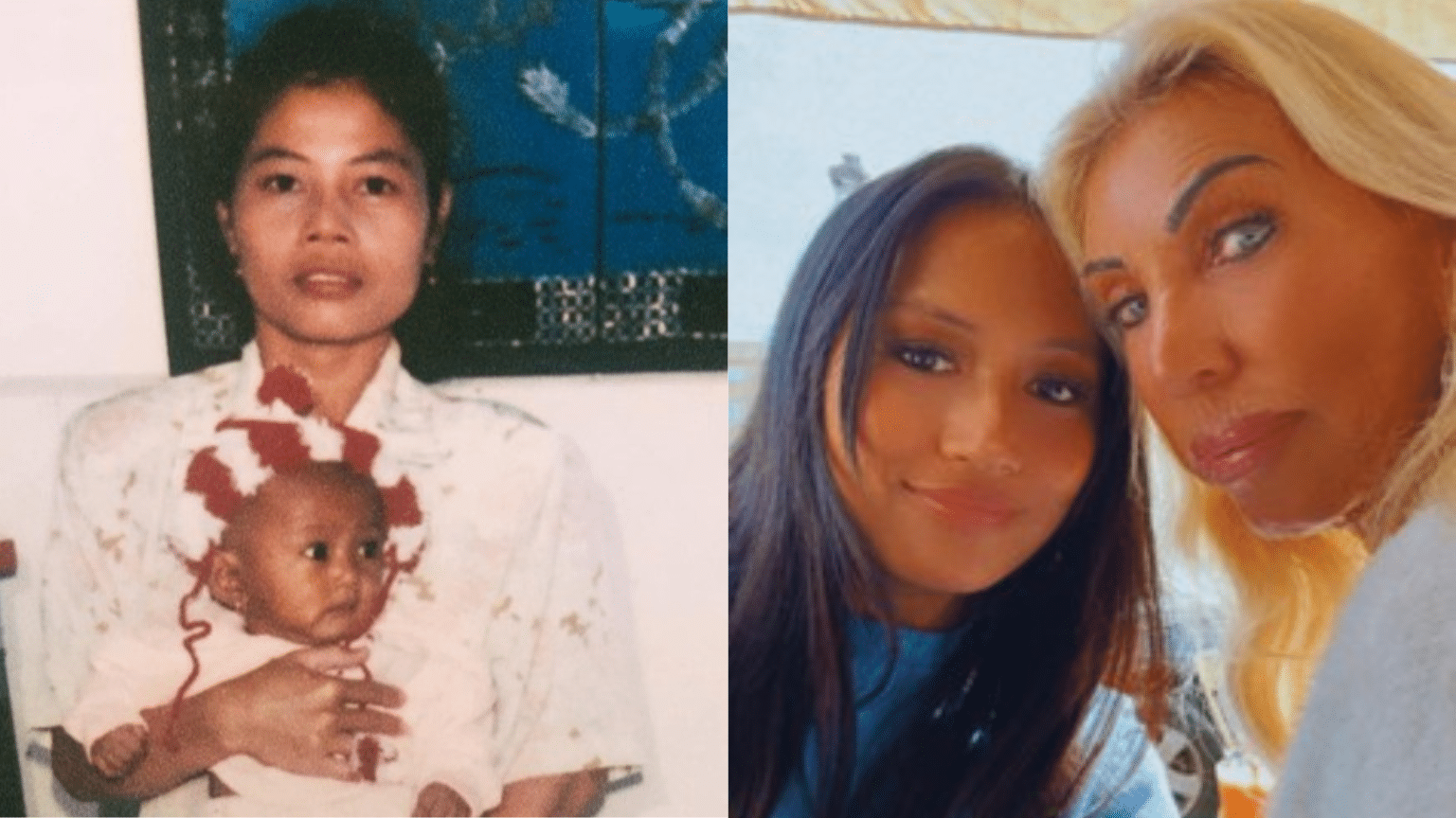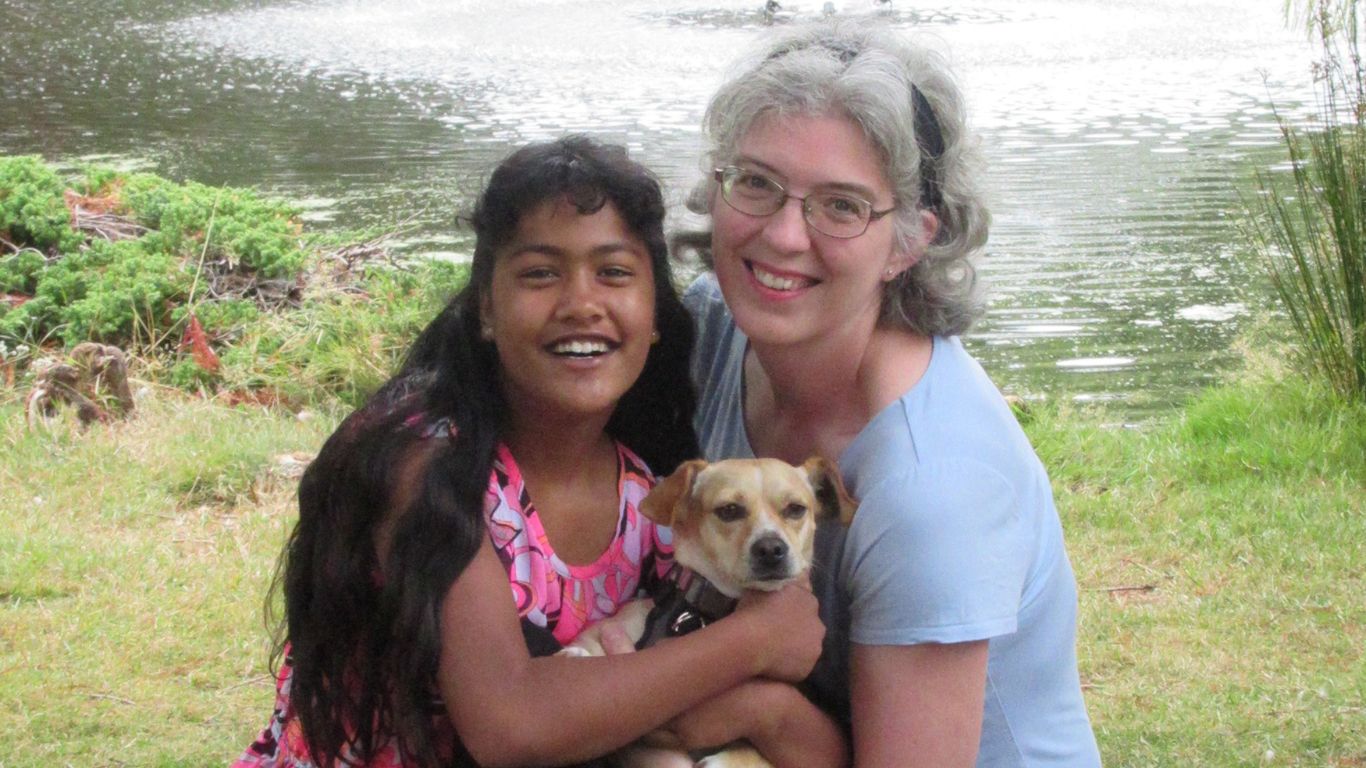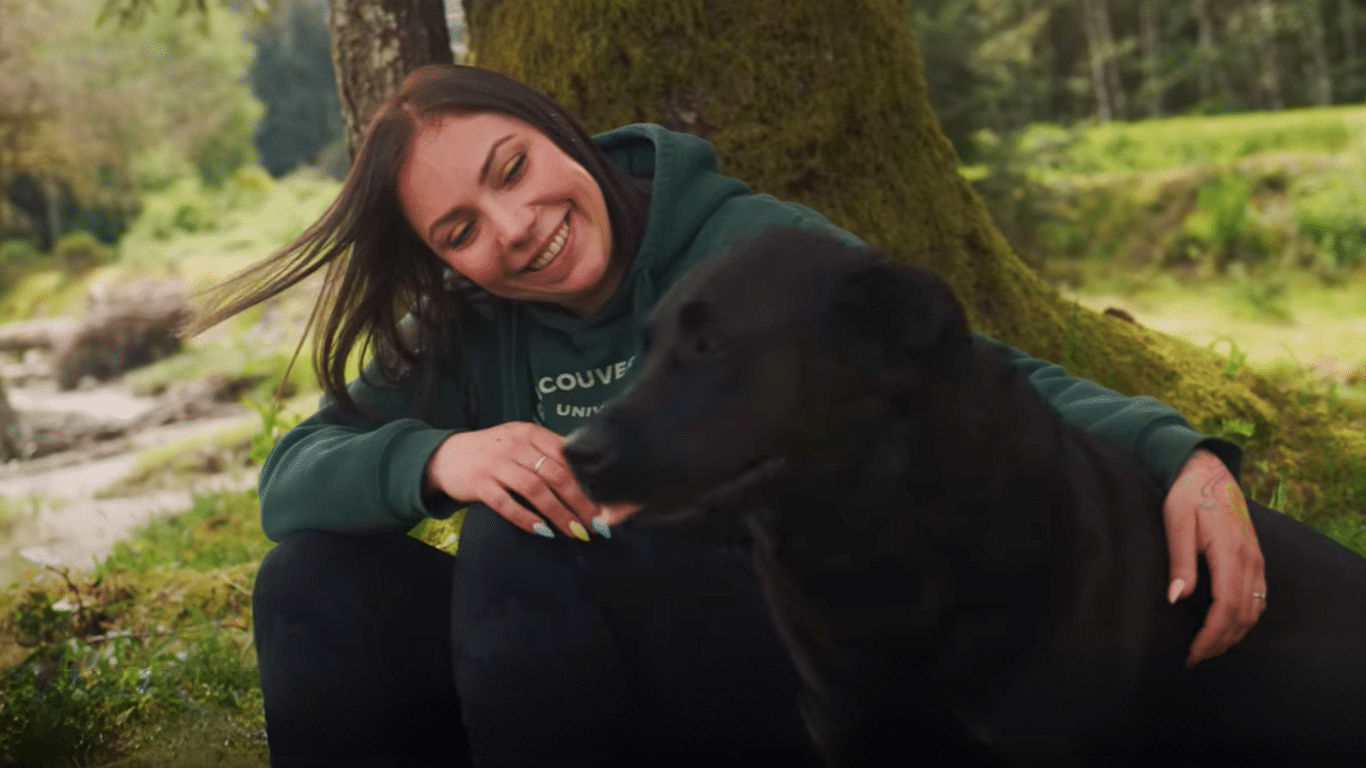Open adoptions can be tricky, but they’re the most realistic choice for adopted children, says an adult adoptee.
Out of the shadows
In 2015, the Donaldson Adoption Institute published a major report called the Modern Adoptive Families Study, which focused on the experiences, perceptions, and needs of non-heterosexual adoptive parents as well as other issues related to diversity in adoption. As I read it, I was reminded how much adoption practices have changed since I was an infant in the early 1960s. While adoption remains a complex and often more challenging way to create a family, I could not be more delighted by the awareness and openness that characterizes most current adoption practices in North America.
From where I stand, as an adopted person who was raised in the shadow of secrecy, the openness reported in many modern adoptions feels like sunshine. I was born during a time when having a child out of wedlock was shameful and socially unacceptable. Adopted children and their adoptive parents were viewed as a less legitimate family type, a second class below ‘natural’ or ‘real’ families. Thankfully, time and social evolution have led to change. Adoption is no longer an outlier in the constellation of family structures that also include high rates of divorce and an abundance of blended families. Some of the problems from the past still remain, no doubt, but it’s uplifting to know that they are relics, and that more enlightened and supportive ways of handling adoption’s challenges have become the norm.
The benefits of diversity
As I read the Modern Adoptive Families Study, I was surprised to learn that the largest group of adopters in the US are non-heterosexual couples, a trend that is almost certainly echoed here in Canada. Lesbian and gay male couples are four times more likely than heterosexual couples to be raising an adopted child. There are a number of things to celebrate about this development. It reflects our increasingly tolerant and just society and, in my opinion, represents some great benefits for adoptive families, and for the children in particular.
The disappearing biases against non-heterosexual couples means more possibilities for permanent, stable, loving homes for the most vulnerable infants and children in our society. Non-heterosexual couples are more likely to adopt to adopt from the foster care system than from private agencies, and are also more likely to adopt children who are more difficult to place because they have developmental delays, disabilities, or mental health issues. These parents also tend to be more racially diverse, and to adopt racially diverse children.
Parents who already stand out as different have no motivation to pretend to be anything other than what they are, which saves their adopted children from the high cost of secrecy. They’re more likely to be transparent about their own struggles with being marginalized themselves, which models how to cope with feeling different to their adopted children. The report notes that gay and lesbian parents are more likely to embrace openness, and are more likely than heterosexual parents to develop and maintain relationships with birth family, integrating them as extended kin.
From my point of view as an adopted person, I think it’s courageous and compassionate for adoptive parents to embrace the burdens (and joys!) of raising children who almost certainly come with extra baggage. It’s a choice that underscores the generous nature of the diverse people who choose to be adoptive parents.
Children first
My perspective allows to me to appreciate both the benefits and the costs of open adoption. I appreciate that openness may create its own problems and complexities. However, the reality is that an adopted child has two sets of parents, and denying reality never works in the long run.
As both an adopted person and an adoptive mother, I will always choose the side that benefits the adopted child. As the person with the least power in the equation, they are without doubt the most vulnerable and, ultimately, the one who’s most profoundly influenced by their experience of adoption. I welcome openness in adoption because it’s simply better for the adopted child.
Catherine is the co-founder (with Ginny Paulsen) and director of We Are Adopted: The Adoptees Association, a non-profit organization acts as a resource for the adoption community, gives adoptees a voice, and aims to meet the needs of adopted people. We Are Adopted offers a monthly peer support and information sharing group, counselling and advocacy services, guest speakers, panels, and quarterly workshops to address adoption issues. Find them at www.weareadopted.ca or on Facebook (search for weareadopted).
.

